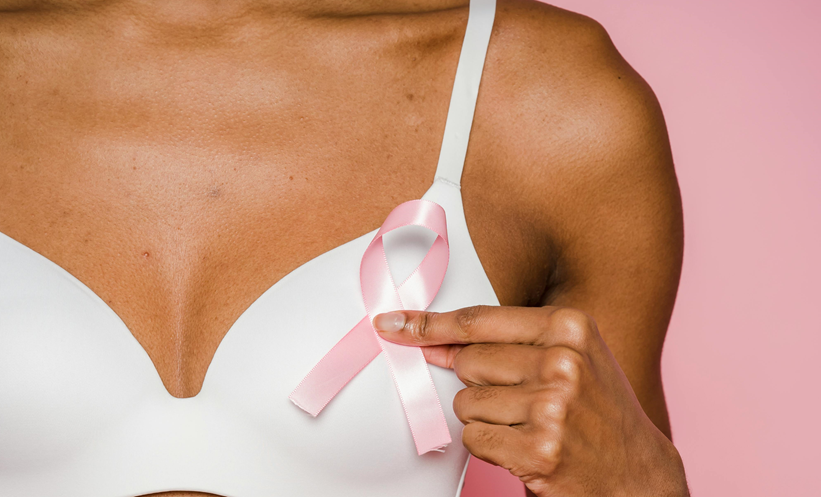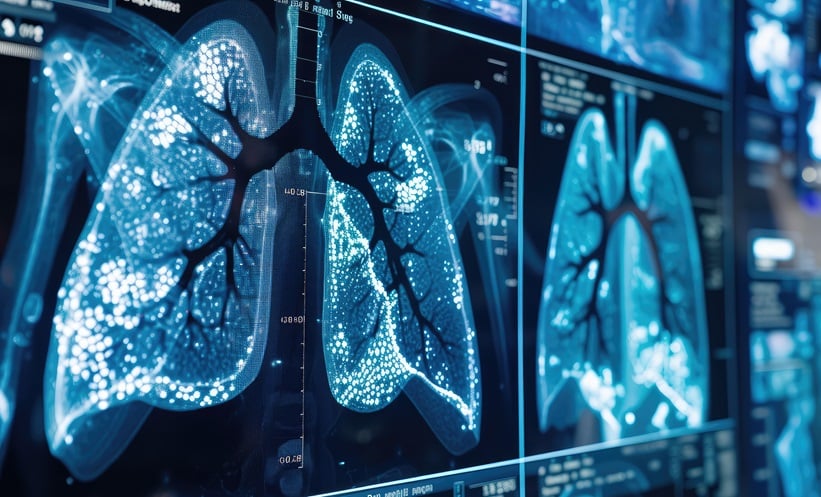A NOVEL MRI technique, known as time-dependent diffusion MRI-based microstructural mapping, has been shown to improve the prediction of breast cancer molecular subtypes and treatment response, according to a study led by researchers at Chongqing University Cancer Hospital in China. The findings suggest the technique has the potential to be more effective than traditional methods such as apparent diffusion coefficient (ADC) measurements and clinical-pathologic models.
The research team evaluated the technique’s performance in predicting response to neoadjuvant chemotherapy in women with breast cancer. Their study revealed that time-dependent diffusion MRI outperformed ADC measurements, achieving an area under the receiver operating curve (AUC) score of 0.88, compared with 0.73 for ADC measurements and 0.79 for the clinical-pathologic model.
“Time-dependent diffusion MRI-based microstructural mapping is an effective method for identifying molecular subtypes and predicting pathologic complete response to neoadjuvant chemotherapy in breast cancer patients,” the authors commented.
Time-dependent diffusion MRI uses signals from various diffusion times to characterise tissue microstructures. The technique has the potential to assess tumour cell properties but has not previously been evaluated in the context of breast cancer diagnosis or treatment response prediction. To investigate this, the researchers conducted a study involving 408 women with breast cancer, all of whom underwent time-dependent diffusion MRI between February 2021 and May 2023.
The study found that this MRI technique performed well in identifying breast cancer subtypes, including luminal A (AUC 0.7), luminal B (AUC 0.78), and triple-negative breast cancer (AUC 0.72). It showed particularly high accuracy for the human epidermal growth factor receptor 2 (HER2)-enriched subtype, with an AUC of 0.85. Additionally, time-dependent diffusion MRI demonstrated greater accuracy in predicting positive treatment responses to chemotherapy than ADC and clinical-pathologic models. Of the 221 participants who received neoadjuvant chemotherapy, 24.4% showed a positive treatment response.
The team concluded that time-dependent diffusion MRI is able to provide valuable insights into breast cancer subtypes and treatment responses, outperforming traditional imaging methods, and potentially altering treatment in the future.
Reference
Wang X et al. Time-Dependent Diffusion MRI Helps Predict Molecular Subtypes and Treatment Response to Neoadjuvant Chemotherapy in Breast Cancer. Radiology. 2024;313(1):e240288.








